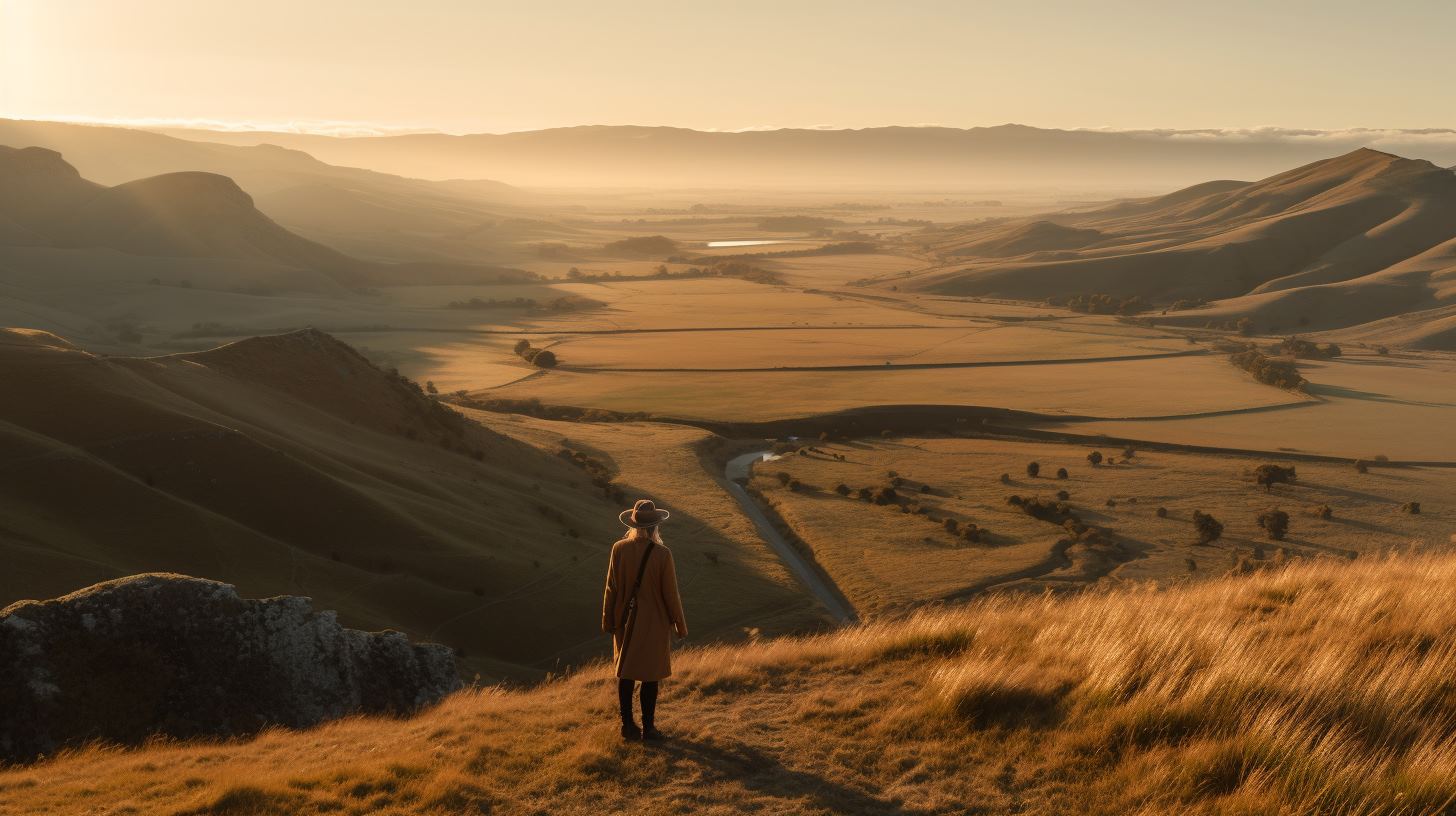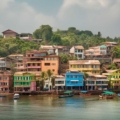Embarking on a journey alone is an experience that can transform the way one sees the world. Solo travel has become increasingly popular in recent years, offering individuals a unique opportunity for self-discovery, adventure, and personal growth. While it might seem daunting at first, venturing out into the world solo can be an incredibly rewarding and enriching experience.
Embracing Independence
One of the greatest freedoms that comes with solo travel is the ability to make choices guided solely by personal preferences and desires. Whether it involves selecting the next destination, adjusting plans on the fly, or savoring moments of solitude, every facet of the journey is within the traveler’s control. This independence leads to a deeper self-awareness, nurturing a feeling of self-sufficiency and empowerment.
Cultural Immersion
When traveling alone, there’s an increased opportunity to immerse oneself in the local culture. Without the distractions of companions, solo travelers often find themselves more open to interacting with locals, trying new foods, and engaging in authentic cultural experiences. This immersion can lead to a deeper appreciation and understanding of different customs, traditions, and ways of life.
Personal Growth and Confidence
Solo travel pushes individuals out of their comfort zones, encouraging personal growth and development. Navigating unfamiliar territories, overcoming language barriers, and handling unexpected situations fosters resilience and adaptability. It instills a sense of confidence that extends beyond the journey itself, empowering individuals to tackle challenges in other aspects of life.
Self-Discovery and Reflection
Being alone in a new environment allows for introspection and self-reflection. Away from the familiar routine, individuals have the space and time to ponder their thoughts, goals, and aspirations. This self-discovery often leads to a better understanding of oneself and what truly matters in life.
Tips for Safe and Enjoyable Solo Travel
- Research and Plan: Thoroughly research destinations, local customs, and safety precautions. Create a tentative schedule but allow for flexibility in your plans.
- Stay Connected: Keep loved ones informed about your whereabouts and stay connected through regular check-ins.
- Trust Your Instincts: Listen to your intuition and avoid situations or people that feel unsafe or uncomfortable.
- Pack Light: Traveling light makes mobility easier and reduces the stress of managing bulky luggage.
Conclusion
Solo travel is a transformative experience that allows individuals to discover the world while discovering themselves. It fosters independence, cultural understanding, personal growth, and self-reflection. While it may seem intimidating initially, the rewards far outweigh the challenges. Embrace the journey, step out of your comfort zone, and embark on an adventure that will undoubtedly leave a lasting impact on your life.
Frequently Asked Questions About Solo Travel
1. Is solo travel safe?
Solo travel can be made safe through thorough planning and precautionary measures. It involves researching destinations, remaining vigilant about your surroundings, and relying on your instincts. Always have emergency contacts and stay connected with friends or family.
2. What places are ideal for people traveling alone?
Destinations vary based on preferences, but some popular choices for solo travelers include Japan, New Zealand, Thailand, Iceland, and Costa Rica. These places offer diverse experiences, safety, and opportunities for cultural immersion.
3. How do you meet people while traveling alone?
Hostels, local tours, social media groups, and community events are great places to meet fellow travelers or locals. Engaging in group activities or staying in communal accommodations often leads to meeting like-minded individuals.
4. What are the advantages of solo travel over group travel?
Solo travel offers independence and the freedom to create a personalized itinerary. It allows for deeper self-discovery, cultural immersion, and the flexibility to adapt plans spontaneously. It also encourages personal growth and self-reliance.
5. How do you handle loneliness while traveling alone?
Loneliness can occur, but it’s an opportunity for self-reflection and personal growth. Engage in activities you enjoy, connect with locals, join group tours, or use technology to stay connected with friends and family back home.
6. How can solo travelers stay safe while exploring new places?
Research destinations beforehand, be aware of local customs and laws, avoid unsafe areas, and trust your intuition. Always keep important documents secure, be cautious with belongings, and stay informed about potential scams.
7. What should solo travelers pack for their trips?
Pack light, including essentials like versatile clothing, a first aid kit, necessary documents, a portable charger, and any required medications. Consider the climate and activities planned at the destination.
8. How can solo travelers manage language barriers?
Acquiring some fundamental phrases in the local language proves beneficial. You can make use of translation apps, bring along a phrasebook, or employ gestures to communicate. It’s often appreciated by locals when you make an effort to converse in their language.
9. How do you handle unexpected situations while traveling alone?
Stay calm and assess the situation. Having travel insurance can assist in emergencies. Contact local authorities or seek help from trusted sources, such as embassy contacts or tour operators.
10. What advice would you give to someone considering solo travel for the first time?
Start with a destination that feels comfortable, plan but leave room for spontaneity, and trust yourself. Embrace the experience, be open to new encounters, and enjoy the journey—it’s an opportunity for incredible personal growth and discovery.
11. How do solo travelers manage accommodation?
Solo travelers have various accommodation options. Hostels offer budget-friendly stays and opportunities to meet other travelers. Airbnb or guesthouses provide more privacy, while Couchsurfing allows for cultural exchange by staying with locals for free.
12. What are some budgeting tips for solo travel?
Plan a budget before the trip, including expenses for accommodation, transportation, food, activities, and emergency funds. Opt for affordable accommodations like hostels or consider volunteering in exchange for accommodation through programs like Workaway or WWOOF.


